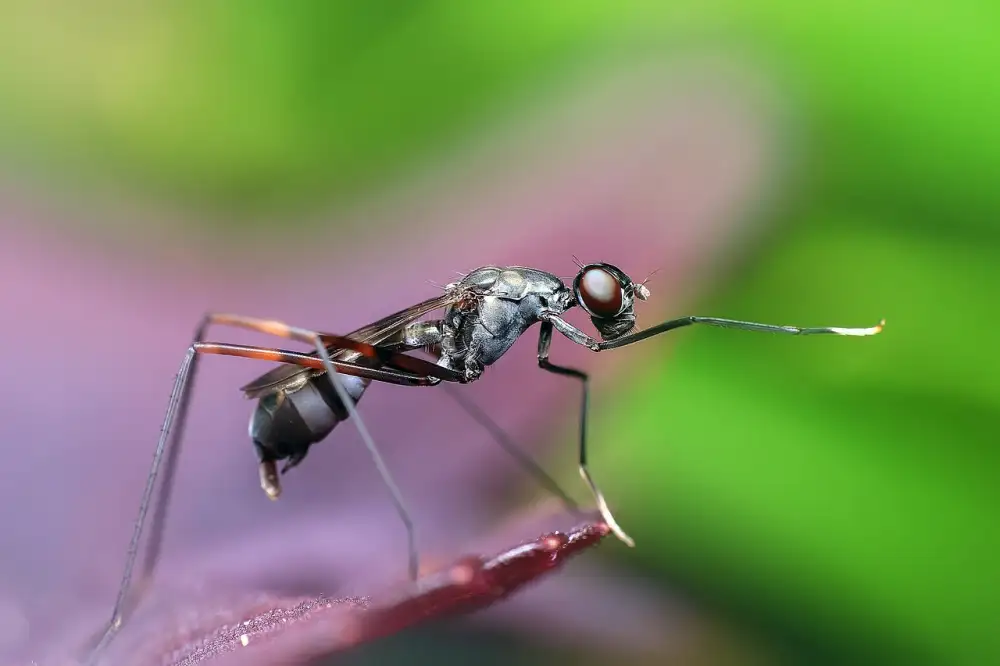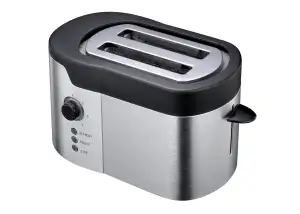Say Goodbye to Ants in Your Kitchen: Effective Ways to Get Rid of Ants at Home

- Identify entry points where ants are getting into the kitchen.
- Clean up food spills and crumbs promptly to remove ant attractants.
- Seal food containers tightly to prevent ants from accessing them.
- Use ant baits or traps to eliminate ant colonies.
- Sprinkle cinnamon, peppermint oil, or vinegar along entry points as natural ant deterrents.
- Maintain a clean kitchen environment to discourage ant infestations.
Identify entry points where ants are getting into the kitchen.
Ants can enter your kitchen through tiny cracks in walls, gaps around windows and doors, or openings around pipes. Inspect these areas carefully to identify entry points. Pay special attention to areas near water sources as ants are attracted to moisture. By sealing off these entry points with caulk or weather stripping, you can prevent ants from gaining access to your kitchen. Regularly check and maintain the integrity of these barriers to keep ants out effectively.
Clean up food spills and crumbs promptly to remove ant attractants.
Keeping your kitchen clean is essential in preventing ant infestations. Ants are attracted to food spills and crumbs left on countertops, floors, and inside cabinets. By promptly cleaning up these messes, you remove the primary attractants for ants. Wipe down surfaces regularly with soap and water, sweep floors daily, and vacuum carpets to eliminate any food particles that may lure ants into your kitchen. Additionally, make sure to empty the trash regularly to avoid giving ants a potential food source. By maintaining a clean environment, you can significantly reduce the likelihood of ants invading your kitchen.
Seal food containers tightly to prevent ants from accessing them.
Sealing food containers tightly is crucial in preventing ants from accessing your pantry staples. Ants are attracted to the scent of food, and even the smallest opening can invite them in. Opt for airtight containers made of glass or plastic with secure lids to keep ants out. This simple step not only protects your food from contamination but also helps maintain a tidy kitchen free from unwanted pests. Remember, prevention is key when it comes to keeping ants away from your food supply.
Use ant baits or traps to eliminate ant colonies.
Ant baits or traps are effective in eliminating ant colonies. Ant baits contain a slow-acting poison that worker ants carry back to the nest, where it is shared with the queen and other ants, effectively wiping out the entire colony. Place bait stations near ant trails and avoid killing foraging ants, as they need to bring the bait back to the nest. Traps work by luring ants in with a tasty treat that contains a substance toxic to them. Check and replace baits or traps regularly until the infestation is resolved.
Sprinkle cinnamon, peppermint oil, or vinegar along entry points as natural ant deterrents.
One effective way to deter ants from entering your kitchen is by using natural remedies such as cinnamon, peppermint oil, or vinegar. Ants are repelled by the strong scents of these substances, making them effective deterrents. Simply sprinkle a small amount of cinnamon, a few drops of peppermint oil, or a mixture of water and vinegar along entry points where ants are gaining access to your kitchen. This natural approach can help discourage ants from entering your home without the use of harmful chemicals.
Maintain a clean kitchen environment to discourage ant infestations.
Maintaining a clean kitchen environment is crucial in preventing ant infestations. Regularly sweep and mop floors to remove food crumbs that attract ants. Wipe down countertops, tables, and other surfaces to eliminate spills and food residue. Keep trash cans tightly sealed and empty them regularly to avoid giving ants a food source. Store fruits, vegetables, and pantry items in sealed containers to prevent ants from accessing them. By keeping your kitchen clean and free of food debris, you can effectively discourage ant infestations.
Published: 06. 05. 2024
Category: Home



